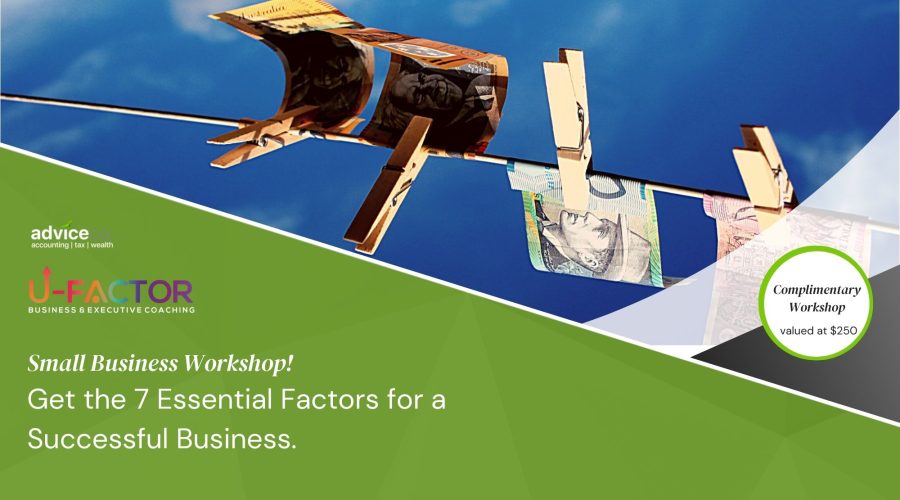The process (and pros and cons) of “electing” to be a family trust Posted on October 9, 2018

A trust is established whenever there is a separation of the legal ownership (for example, the name appearing on a land title) from the beneficial (equitable) owner of an asset (in other words, the person that a court would deem to be the true owner).
Legislation specifies the rules by which trust income should be calculated for tax purposes and how that income should be taxed – that is, whether in the hands of the trust or the beneficiaries. Therefore trusts, if set up in the right way, can help you legally minimise some tax liabilities.
One important feature in this regard is where a formal decision is made (termed an “election”) to be deemed a “family trust” for tax purposes.
The Upside
Being a family trust has specific taxation consequences,as electing to be a family trust restricts and specifies the trust beneficiaries, which in turn can secure or simplify the claiming of tax losses, debt deductions, franking credits and negate certain trust beneficiary reporting rules.
Some of the key taxation differences includes the fact that beneficiaries of, for example, discretionary trusts may not otherwise be able to take advantage of franking credits attached to share dividends or indeed franked non-share dividends received by the trust and passed on to the beneficiaries.
The reason for this, in very broad terms, is that unless the trustee of a non-fixed trust has elected for it to be a family trust, a beneficiary of the trust will not have a vested and indefeasible interest in so much of the capital of the trust as is compromised by the shares giving rise to the dividends.
Another spur to elect to be a family trust is that the trust would otherwise find it a lot harder to use past year tax losses against current year income, or to apply certain debt deductions. Being a family trust brings access to a concession so that only one trust loss test applies, the income injection test, and only in a modified way.
Also relevant will be the use of company losses against future income where a company shareholder is a trust. Again in broad terms, this is because the company loss provisions hold that where the relevant interests in a company are held by the trustee of a family trust, a single notional entity will be taken to own the interests, therefore making these losses available to offset.
Access to another concession is similarly achieved with regards to the small business restructure rollover relief. This is due to the requirement that when transferring active GST assets from one entity to another (the concession being that no income tax liability will be triggered from doing so), one eligibility factor to be satisfied is that there should be no change to “ultimate economic ownership”. A trust that has made a family trust election satisfies this condition.
Eligibility and conditions
Family trust elections can be made at any time, provided that from the beginning of the specified income year until June 30 of the income year immediately preceding that in which the election is made:
-
the entity passes the family control test, and
-
any conferrals of present entitlement or any actual distributions have been made within the designated family group.
The family control test looks at who can control the application of income or capital of the trust, which should income some or all of:
-
the individual specified in the family trust election (also referred to as the “test individual”)
-
members of the specified individual’s “family group” (which is defined in legislation; ask us for details)
-
a professional legal or financial adviser to that family group.
While any kind of trust can elect to be a family trust, the need to pass the family control test restricts the choice to a trust that is not widely held and where a specific family effectively controls the trust.
The Downside
A family trust may be less flexible as a result of making an election, and it is also potentially exposed to another tax, the family trust distribution tax.
Family trust distribution tax is applicable when a distribution is made outside the “family group” (which is designated by making the election). Therefore making a family trust election is an important step for the trustee to take. We can assist you to choose the appropriate “test individual” for the family group. Note that the term “distribution” has an expanded meaning for the purposes of family trusts, and includes both income and capital.
A reasonable salary, wage or other benefit (such as superannuation contributions or fringe benefits) provided to, or for the benefit of, an employee for work performed is not considered to be a distribution.
The rate of family trust distribution tax is set at the top marginal rate plus Medicare levy, which is temporarily 49% for the period from July 1, 2014 to June 30, 2017, after which it will revert to 47%.
A separate payment advice is required for each distribution of income or capital which attracts a family trust distribution tax liability, and remittance of the tax to the ATO is required to be accompanied by a Family trust distribution tax payment advice form.
Payment is generally required within 21 days after the distribution is made, or if the distribution was made before an election form was lodged, 21 days after the election.





